Sep 10, 2025
Author:Amanda Lyu
Avocados have plenty of benefits and can be used in many versatile ways for us humans. But if you have pets in your home, have you ever wondered whether cats and avocados can be put together safely in the kitchen, or can cats eat avocados?
With this handy guide, we will demystify the most up-to-date veterinarian approved information so you can know can cats have avocado, investigate whether avocado cat treats are safe, and answer more questions so you can ensure the safety of your feline friend.
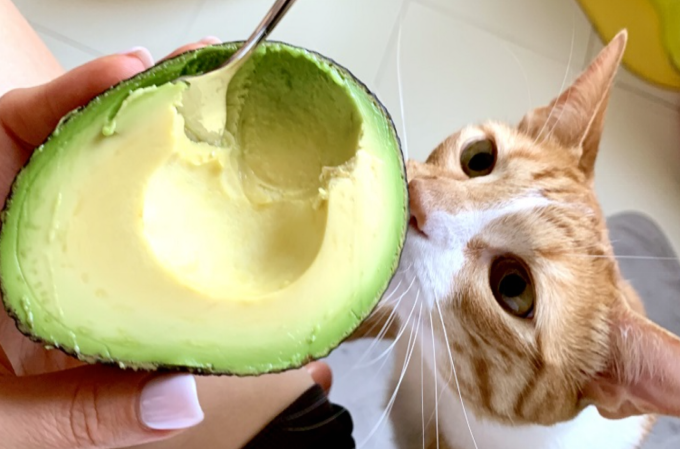
Avocados contain a substance called persin that is found in higher concentrations in the leaves, skin, and pit, and less in the flesh. In a cat, it may induce gastrointestinal upset, and the skin or slit may cause choking or blockage.
It should also be added that in most incidences of avocado consumption in cats, the cats ingest very little (just taking bites), not an entire meal. Depending on the situation, symptoms in such cases are normally mild when they occur.
But portion size matters. A teaspoon of flesh might cause mild stomach upset; half an avocado could bring on vomiting and diarrhea; skin or pit ingestion can escalate to emergency surgery.
Technically, an avocado pulp that is a small amount may not be devastating, but overall, it is not a good idea. Researchers warn against giving cats avocados because the presence of persin and fat can be too dangerous to risk any little gain.
Avocados are healthy fruits; this is a fact. They consist of vital nutrients that include vitamins, amino acids, fiber, and antioxidants. Humans find these helpful and so make use of this fruit in many different ways.
However, the case is different for cats. These benefits don’t apply the same way to them as their bodies and systems are different. Cats are obligate carnivores who need animal-based foods the most.
The potential advantages of avocado in theoretical cases are not worth the danger, considering that feline special food products are already present with all the necessary nutrients.
So, ‘Is avocado good for cats?’ The brief reply is that it is not even needed and not worth the possible side effects.
When it comes to cats, there are plenty of risks with avocados that you need to watch out for. Here are some of the main ones:
The persin can induce vomiting, diarrhea, lethargy, blockage, or even pancreatitis in the cat.
Avocados are high in fat, and this can cause pancreatitis, which is a severe, occasionally life-threatening ailment, particularly when taken in large amounts or in the form of avocado oil.
Avocado skin is fibrous, hard, and has more persin than that contained in the flesh. As far as cats are concerned:
● Choking hazard from chewing or swallowing large pieces
● Digestive blockage due to indigestibility
● Toxin exposure from persin
If your cat is a countertop prowler, always dispose of avocado skins securely. Cats are resourceful and might fish it out of the trash if they smell something ‘interesting.’
Avoid eating avocado with skin or its pit, avocado leaves, or avocado oil. They have more persin and result in choking or elevated irritation within the gastrointestinal tract.
So, can avocado kill cats? Not exactly. However, when taken in small quantities, they are not expected to cause any problems, but they may cause blockages or lead to severe pancreatitis, which may be fatal when neglected.
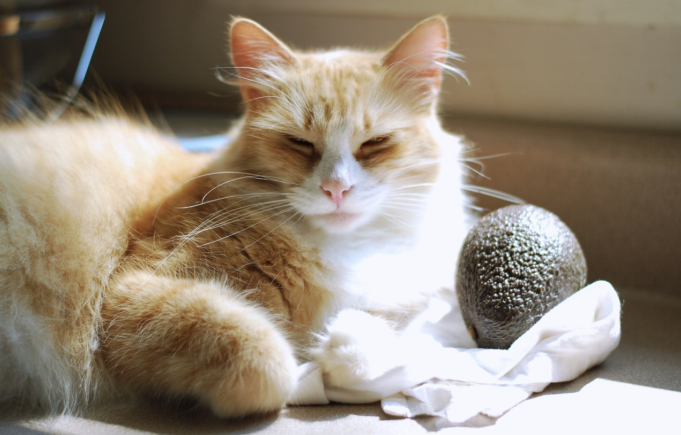
The best prevention strategies for keeping cats and avocados separate include:
● Storing avocados in the fridge or inside sealed containers
● Disposing of skins and pits in secured trash bins
● Avoid leaving avocado dishes unattended.
● Feed your cat first before you eat so they’re less tempted to “share”.
You should try the WOPet automatic cat feeder to make eating more interesting for cats. You can also try the WOPet treat dispenser with camera to check your cat’s food consumption from your phone.
From a feline sensory perspective, avocados are unusual. Cats do not seek the sweetness of the fruit because they do not have sweetness receptors on their tongue. It might be their fatty, creamy texture to which they would respond.
To humans, avocado fat is beneficial. However, when it is in a cat's body, which is made to digest animal-based fats, it may upset the stomach. This implies that even though your cat may like the taste of it, is avocado safe to feed cats? Not really. Their bodies simply aren’t built to make efficient use of plant-based fats.
If your cat begs when you slice an avocado, consider swapping in safe, nutritious treats instead.
Some excellent options include:
● Frozen chicken bites are a protein-rich snack
● Cooked salmon pieces for healthy omega-3 fats
● Commercial cat treats from trusted pet brands
Cats are naturally curious creatures. In case the avocado is their playground on the kitchen counter, you can observe your cat sniffing around after slicing the avocado. They do not necessarily have such behavior due to their love of the fruit; it is often the texture, smell, and the novelty factor involved.
Some cats are “food explorers” who investigate unfamiliar scents, while others are just drawn to whatever their humans are eating. The smooth skin, distinctive scent, and shiny pit can be a feline magnet.
Yet, here is the trick: cats and avocados do not go well together in real life. Just because your pet appears to be curious does not mean that you should not keep in mind the fact that cats might make very hazardous ingestions out of their curiosity.
They will chew anything within reach, be it on an avocado skin or fleshy part, or any house plant in reach, or a bat hanging necklace chain.
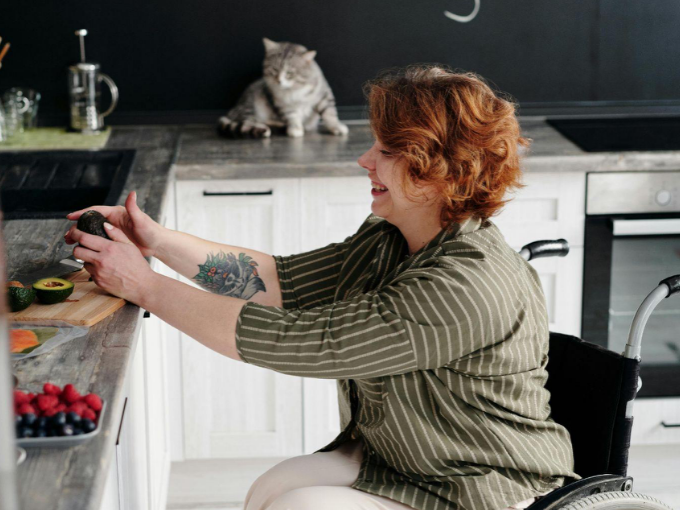
When considering what to do if my cat ate avocado skin or pit, your reaction should be immediate:
1. Remove Remaining Pieces – Make sure there’s nothing left that your cat can continue to chew.
2. Check for Choking: look for gagging, pawing about the mouth, or drooling.
3. Call Your Vet- Even with mild symptoms, call your vet to explain what occurred and receive professional advice.
4. Monitor Change – Look out for vomiting, diarrhea, swellings of the abdomen, or out-of-the-ordinary sluggishness during 24 hours.
In case of swallowing the pit, emergency vet treatment should take place because it might result in intestinal blockage. In case your cat swallowed avocados, give them water and keep them hydrated.
If your cat doesn’t normally drink enough water, try a water fountain system as running water appeals to them more than still water, which might encourage them to drink.
You may have seen pet shampoos or conditioners boasting avocado oil as an ingredient. This is where ‘Can cats eat avocado oil’ gets confusing.
When avocado oil is applied topically in diluted, pet-safe formulations, it’s usually not harmful. However, ingestion is a different story. The fat level may disturb the gastrointestinal system of a cat.
If your pet continues licking after grooming and swallows only a few drops of a topical product, they might not become ill. Just be sure to use cat-safe grooming products and watch for any signs of discomfort.
While small amounts of avocado flesh are unlikely to be fatal, indirect dangers exist such as:
● Choking on the pit
● Bowel obstruction from swallowed skin or pit fragments
● Pancreatitis is triggered by the fat content.
● Extreme dehydration from vomiting or diarrhea
When this question arises, 'can avocado kill cats?', the answer is that the risk is usually the development of such complications and not the toxicity to persin.
Whenever your cat exhibits rapid breathing, collapses, or becomes non-responsive after ingesting avocado, it is an emergency, and get a vet on the phone.

When a cat eats an avocado, veterinarians follow a process to determine severity:
1. History Taking – How much avocado, which parts (skin, flesh, pit, oil), and when it occurred.
2. Physical examination: check for hydration, pain in the abdomen, and energy level.
3. Diagnostic Tests: can include ultrasound, blood work, or X-ray (for blockage).
In most instances, exposure up to mild symptoms leads to a monitoring recommendation at home. However, when the symptoms are vomiting, lethargy, and abdominal swelling, vets can retain the cat with observation, fluids, and medication.
No. It lacks nutritional justification and has high fat that can inflame the pancreas.
Definitely not. It's high in persin and poses a choking or blockage danger.
No. Younger or medically sensitive cats are even more sensitive; do not give them any parts of an avocado.
There is an obvious answer to the question ‘Can cats eat avocado?’. No, they cannot. Even if your cat may not show it and may even appear to like the flavor, it's too risky. There can be many symptoms, including ones that can be fatal.
Look for cat-safe food to get the healthiest meals for your cat. There are plenty of options to choose from, so human food is not a necessity for them at all.
So, keep those avocados away from your feline friends. Feed them the healthiest of cat-safe foods to make sure they live a long and healthy life!
Label:
Popular Post

What to Feed a Sick Dog With No Appetite? [2025 Guide]
May 16, 2023
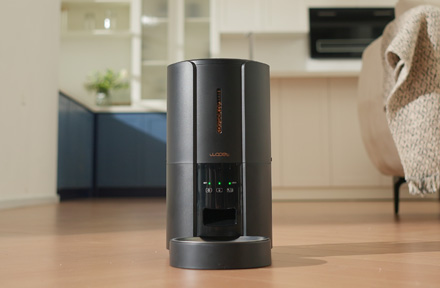
Troubleshooting Common Issues with Automatic Pet Feeders: Tips & Tricks for Pet Owners
Oct 26, 2023
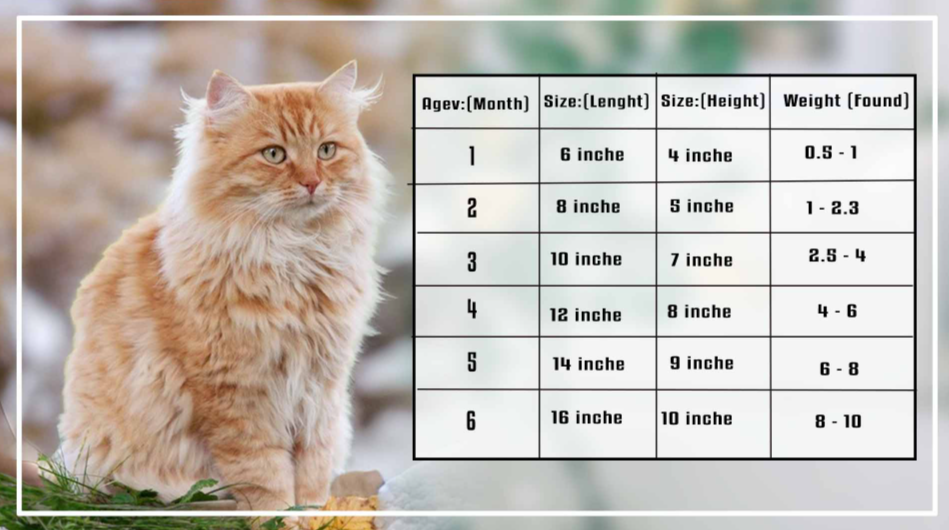
What is a standard Cat Weight chart by age Kg?
Mar 19, 2025

Why Does My Cat Cough After Drinking Water? 8 Potential Reasons
Mar 13, 2023
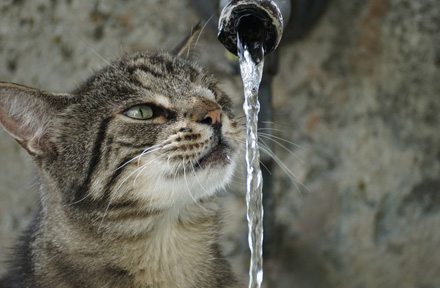
Why is My Cat Throwing up Water? Top 5 Causes Here
Feb 08, 2023
$109.99
$129.99
Copyright © 2025 WOPET. All Rights Reserved.